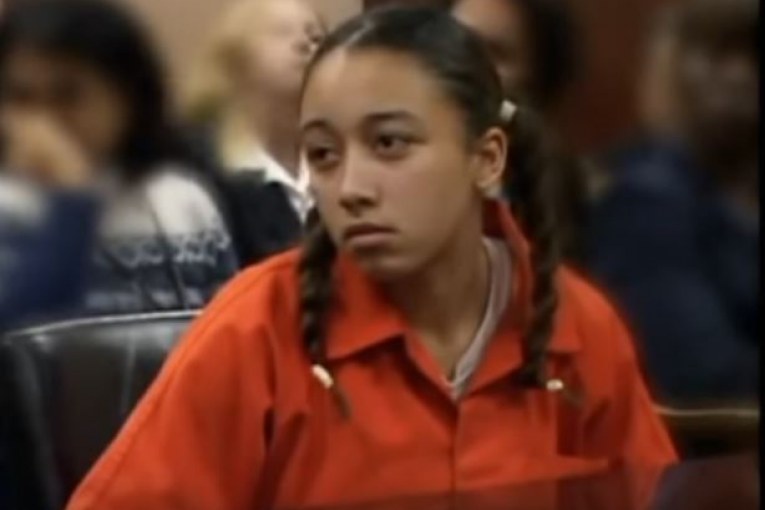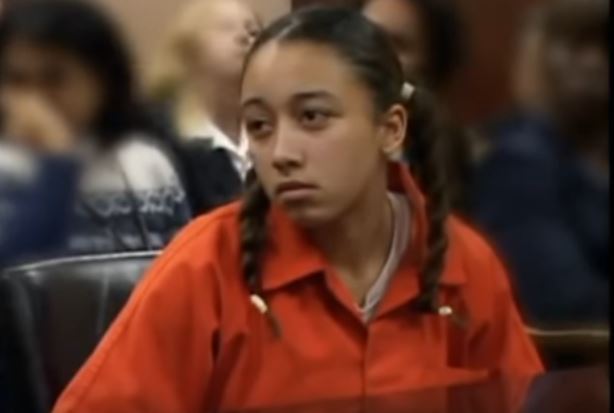

On Wednesday, Cyntoia Brown will be released from her life sentence and walk free thanks to a commutation granted by former Tennessee Governor Bill Haslam. She was a 16-year-old sex trafficking victim when she killed a customer out of fear for her life. Her case earned national attention after the release of a documentary about her life.
Ms. Brown is one of nearly 200 people sentenced as minors to the state’s 60-year mandatory minimum life sentence, the toughest in the nation. Nationally, she is one of the nearly 7,000 women serving a life sentence. Many of them also experienced sexual and/or physical trauma prior to their incarceration.
Ashley Nellis, Senior Research Analyst at The Sentencing Project and coauthor of The Meaning of Life: The Case for Abolishing Life Sentences, issued the following statement regarding Brown’s release:
“Governor Haslam’s commutation finally delivered the justice that Cyntoia Brown’s case warranted. Her release is a reason for celebration. But Cyntoia is not alone: One in 7 people in prison is serving a life sentence today, and the number of women serving life sentences is rising more quickly than it is for men. Governors and the President should use their commutation powers regularly to review and release rehabilitated individuals from life imprisonment.”
In 2006, Ms. Brown was sentenced to life in prison for shooting and killing a 43-year-old man who had picked her up for sex. At the time of the crime, she was 16 years old.
In her 20s, she became a cause celeb with her appeal pending in the US Court of Appeals in the Sixth Circuit. Following media accounts of her case, celebrities like Rihanna took to social media to  condemn the sentence and call for her release.
condemn the sentence and call for her release.
But despite that attention, the courts denied her appeal.
Ms. Brown had run away from home and was living with a pimp who had raped and abused her. The legal team handling Cyntoia’s appeal says she suffers from an alcohol-related neurodevelopmental disorder, a type of fetal alcohol syndrome that impairs brain development and that more recent testing found her to have the functioning level of a 13 or 14-year-old.
On Aug. 6, 2004, Johnny Allen, aged 43, picked Cyntoia up in his truck for sex and drove her to his home. According to court documents, she thought he was reaching under his bed for a gun so she pulled out a handgun from her own purse and shot him. The jury rejected her claim of self-defense and found her guilty of first degree murder; the trial court sentenced her to life in prison. Under Tennessee law, she was not be eligible for parole until she has served 51 years in prison.
In a piece from the ACLU in 2017, they noted, “Cyntoia’s case is appalling and heartbreaking but her experience with the criminal justice system isn’t unique. Thousands of people in the United States are serving life and other extreme sentences for offenses they committed as children.”
The United States remains the only country in the world that allows children to be sentenced to life without parole, though recent Supreme Court cases have significantly restricted this practice, reasoning that children age out of criminal activity and have greater capacity for reform. However, the court’s decisions have not meant automatic release for juveniles serving life without parole for homicides nor have they prevented states from sending thousands of children to prison for life with the (increasingly slim) possibility of parole.
The United States remains the only country in the world that allows children to be sentenced to life without parole.






Author attribution?
No byline story
No soap radio
7,000 serving a life sentence total? . . . or 7,000 women who have possibly been over-charged for their crimes, or suspected to be not guilty of the crimes they are in for? This isn’t made clear at all.
OK, no one answered so I looked it up. “Nationwide one of every 15 women in prison — nearly 7,000 women — is serving a life or virtual life sentence.”
This article was about a particular woman who’s circumstance didn’t fit the mandatory minimum law. Yet the “7000” woman statistic implies that these 7,000 women shouldn’t have life sentences — is it possible most of them should have a life sentence? That’s the problem with this sort of politic: the exception does not the rule make.
Maybe, but until you prove it to me, the exception is just that.
You’re the only one confused by the very straight forward grammar.
But isn’t the point how many may have been wrongly over-sentenced, not the totoal? (purposefully misspelled)